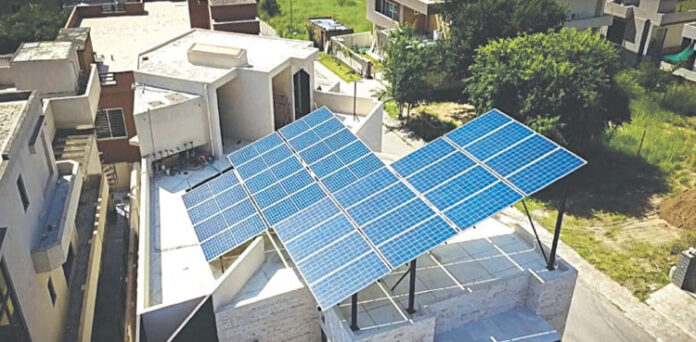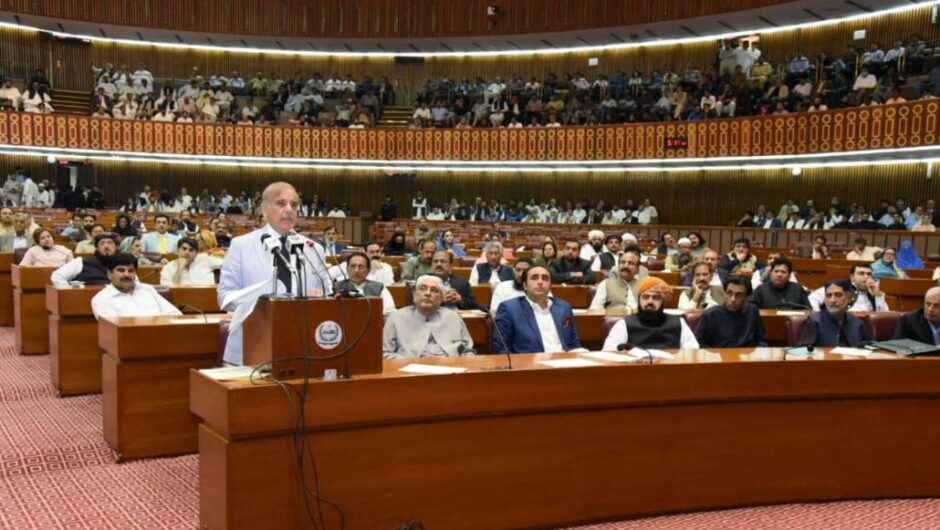The World Bank recently issued a stark warning about Pakistan’s economic future, projecting a significant decrease in GDP by 18-20% by the year 2050. The primary culprits behind this alarming forecast are identified as severe climate-related occurrences, environmental deterioration, and air contamination.
In a special report titled ‘Climate Silence in Pakistan,’ the World Bank highlighted the adverse effects of climate change on the country, emphasizing the impact of altered weather patterns and devastating floods.
The study conducted by the World Bank revealed a striking statistic – 8 out of 10 people in Pakistan express concerns about climate change and its far-reaching consequences. Interestingly, the study found that females and individuals with higher levels of education are more likely to be deeply concerned about this issue, perhaps reflecting a heightened awareness and understanding of the intricate links between climate change and various aspects of life.
This climate crisis couldn’t have come at a more precarious time for Pakistan, as the nation already teeters on the brink of default. The potential economic repercussions of climate change-induced challenges are dire, threatening to further suppress economic growth.
With the specter of default looming, urgent and comprehensive measures are imperative to address both the immediate economic challenges and the long-term climate crisis that poses a substantial threat to Pakistan’s prosperity. The World Bank’s report serves as a poignant call to action, urging policymakers to prioritize climate resilience and sustainable development to secure the nation’s future.
Also, see:
Pakistan Cricket Team Departs for Australia Tour
Topics #featured #News #trending pakistan





